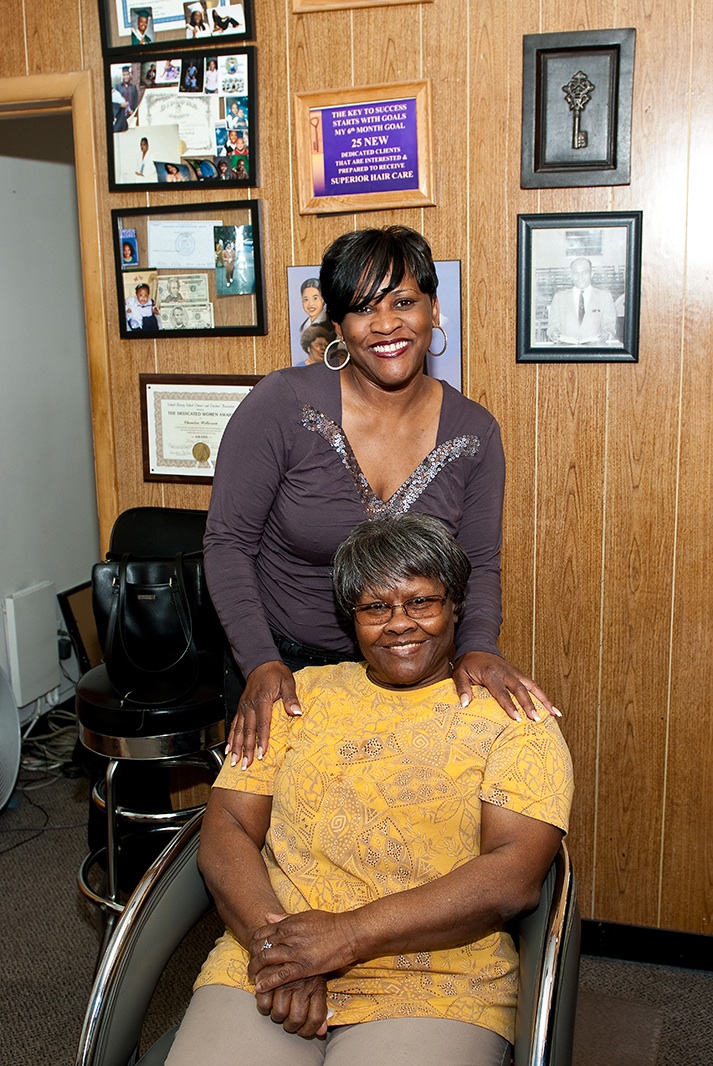
“There’s a thousand used bookstores a month that go out of business in this county alone, just from the computer. You add that to the bad economy and I’m sure it’s probably doubled.”
Other than one of two people who handle the store for her on Sundays, Jonas works alone. She said that the economy makes her less inclined to hire anyone else.
“It’s not like it used to be,” she said. “It’s a combination of factors, but the bad economy is really one of the major things.”
The economy has also caused her to cut back her hours. While she used to be open until 7 p.m., she now closes at 6, as she no longer has customers coming in as late as 6:30.
She said while she has people willing to work for her, the business isn’t there to cover their salaries.
Asked whether the health care legislation would help if the economy picked up to the degree that she could justify hiring a staff, Jonas noted that she didn’t know.
“I never had an employee that I paid health care for, and my health care has had sort of nothing to do with the business.”
On the positive side, Jonas now has a wider selection of books because more people are selling books than buying them. On the other hand, that’s resulted in extra work for her.
“It’s not all down,” she said, adding that some people are coming in to used bookstores for the first time because they’d rather not pay the prices at new bookstores.
Jonas acknowledged that the economy is hard for everybody, but is confident things will get better.
“We’re a resilient country. We’ll be back,” she said.
Larry Alebiosu, owner of Fashion International, a men’s clothing store in Southfield, said many of his customers have either lost their jobs or are making less money, which has led to his decision to cut back on prices.
Fashion International designs and manufactures the clothes it sells. Alebiosu said prior to now, it had always been an upscale store, with suits costing from $550 to about $1200. Now, to keep from losing customers to less expensive outlets, the company has decided to continue to bring in high quality merchandise, but at $199 to $495.
This decision is affecting the store’s overhead. Alebiosu said he’s more or less breaking even.
His longterm hope is that he’ll keep his existing customers by making sure they still get the quality merchandise they’re used to.
Because Fashion International is a specialty store, Alebiosu is not concerned that customers will migrate to stores with lower prices once his prices return to normal.
“Our customers come to us because they want something that is different, something that is not common, something that you cannot find everywhere else,” he said.
Fashion International can make a suit in less than 48 hours.
He said the health care legislation is great because it will allow his business to provide medical insurance to employees at a possibly lower price. Fashion International employs less than five employees full time. Alebiosu said the ability to afford better health care at a less expensive price would make hiring more people more attractive.
He appreciates the support of his customers.
Chondra Jackson, owner of Chon’s Unique House of Hair, said she’s struggling because a lot of people are out of work and get their hair done as often as they normally would.
She said her normal customers used to come once a week. Now they come once every two weeks or once a month.
While she’s lost some customers because of the economy, she has a core group of faithful customers she’s been serving for 25 years.
“They kind of work me into their budget,” she said.